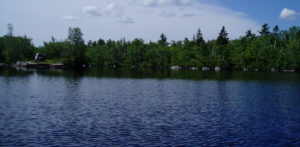
Lakes in hot water, climate change creating a cauldron of issues
As intense heatwaves grip the UK, Spain, France and Portugal, at times exceeding temperatures 40C, as well as parts of North America, lakes are feeling the heat from climate change...

As intense heatwaves grip the UK, Spain, France and Portugal, at times exceeding temperatures 40C, as well as parts of North America, lakes are feeling the heat from climate change...
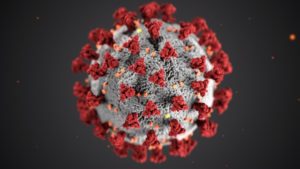
As fear of vaccine related adverse events is one of the main reasons for vaccine hesitancy, the authors of a new study published today in Frontiers in Immunology reviewed recent medical literature to see how often adverse events following immunization (AEFIs) occur.

Incoming students at Lassonde School of Engineering and Faculty of Science both found ways to flourish during COVID-19 pandemic. TORONTO, June 29, 2022 — With the help of the Schulich Leader Scholarship program, two graduating high school students from the Greater Toronto Area are headed to York University this fall to begin their studies. Hannah […]
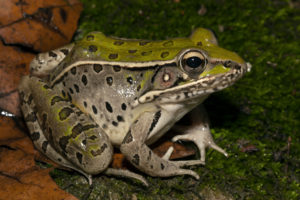
Tadpoles see well underwater, but what happens when they become frogs and live primarily on land? Researchers at York University and several other institutions, curious about the answer, found the eyes of tadpoles undergo a surprising number of changes.
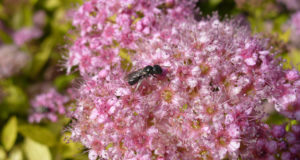
The local environment plays a pivotal role in the health and diversity of the gut microbiome of wild bees which could help detect invisible stressors and early indicators of potential threats, say York University scientists in a new study.

Two new observatory domes were lifted into place today at York University’s Allan I. Carswell Astronomical Observatory, replacing the original 1960s ones.

A study conducted by researchers from York University has found the ongoing monkeypox epidemic differs significantly from previous outbreaks in terms of the age and sex/gender of those infected, as well as risk factors and transmission route.
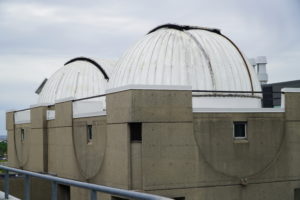
Two new state-of-the-art domes will replace the original 1960s domes at the Allan I. Carswell Astronomical Observatory at York University, opening the night sky for better viewing of planets, stars, nebulas and more.
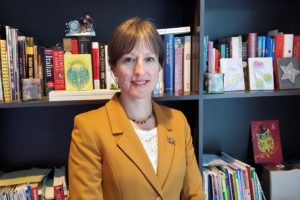
When Ontario lifted public health protective measures in March, the expectation was that we might see a small but manageable bump in COVID-19 cases. At the same time, Canadians were being told that it was time to learn to “live with COVID.”

Artificial Intelligence (AI) can help tackle inequities that contribute to a higher risk of the most vulnerable contracting and dying of COVID-19, but York University researchers say the right data is crucial for that to happen.